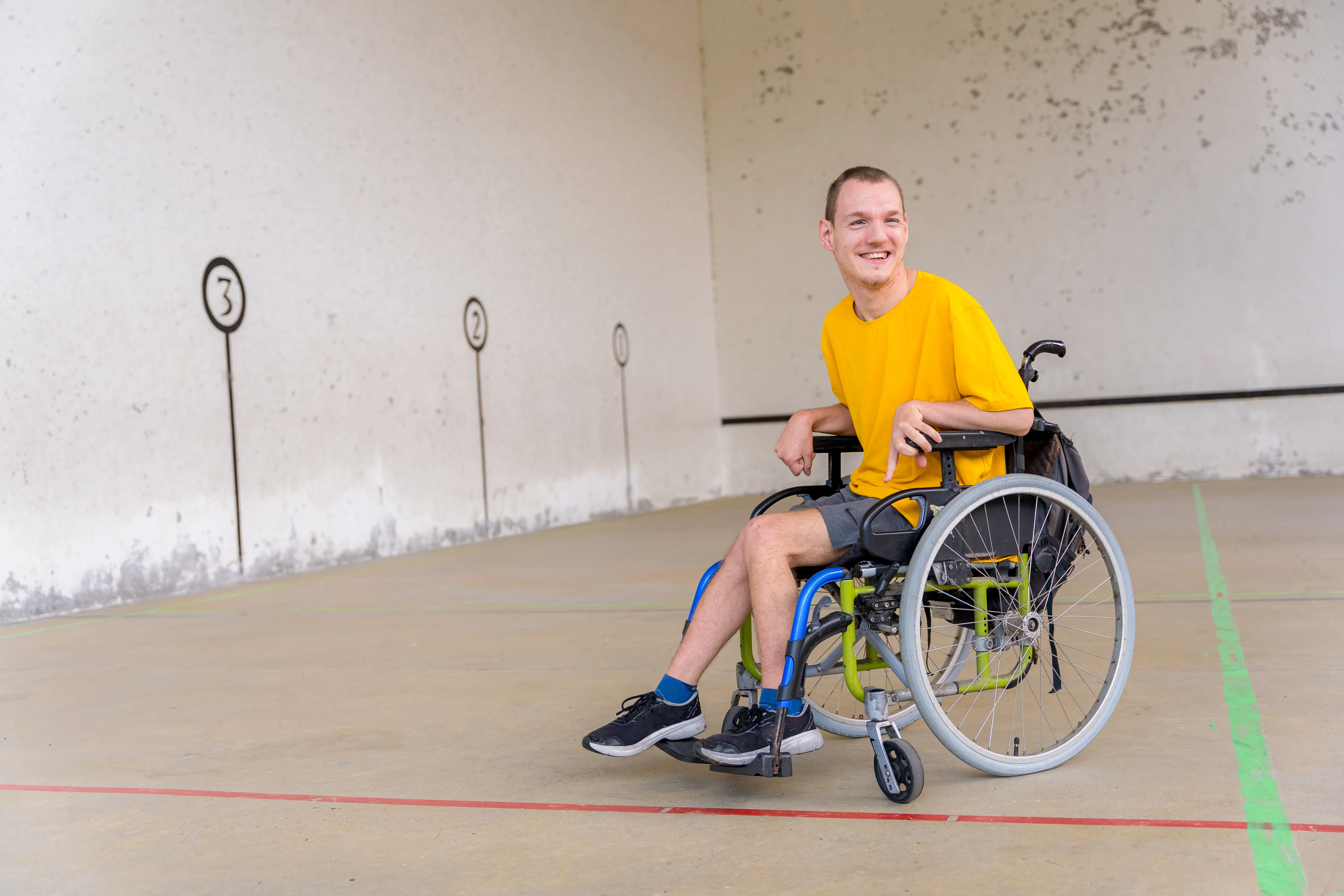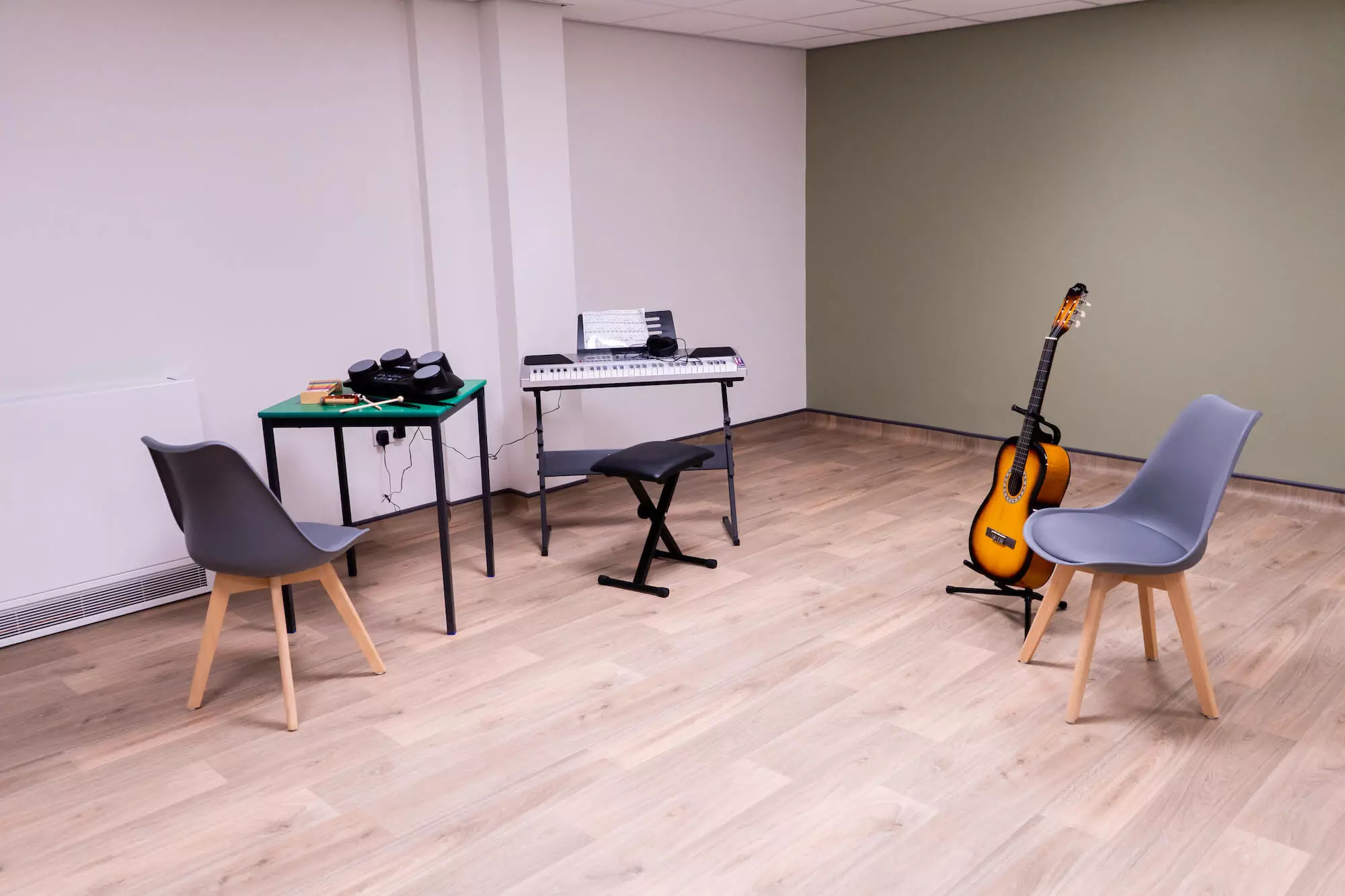The Importance of Non-Verbal Communication as A Way to Understand Adults with Physical/Learning Disabilities & Complex Needs.
Nonverbal expression is an important aspect of communication because everything “speaks” when conveying a message or emotions. Body language, posture, tone of voice, movement, space, physical appearance, and eye contact convey important information to the audience, particularly when dealing with those with special needs and learning or physical disabilities. This blog post discusses the importance of non-verbal communication as a way to understand to special groups.
- A better comprehension of messages.
Nonverbal communication improves message comprehension. Because nonverbal cues like physical distance and space, facial expressions, gestures, and so on can emphasize verbal communication; as a result, the message’s receiver understands the message’s intended meaning and can act accordingly. The goal of the communication or conversation is to achieve the desired results—a critical process, especially for those with special needs.
- It can encourage you to convey emotions and empathy.
Nonverbal communication is used to express emotions such as happiness, anger, sadness, curiosity, hurt, annoyance, anxiety, embarrassment, pleasure, hope, and so on. Most of the time, people exhibit these emotions unconsciously. They also show empathy through nonverbal communication. People do not consciously fake nonverbal communication, but only on occasion. When communicating, your gestures and body language must complement what you say. You should also try to notice the nonverbal cues of the people with whom you are interacting.
- Non-verbal communication can help you appear more credible and trustworthy.
Nonverbal communication is more important than verbal communication. Being sensitive to nonverbal language and feelings and displaying empathy, on the other hand, builds a trusting relationship with the person. It can demonstrate to the person with an intellectual disability that you are genuinely interested.
- It teaches them how to relate to others.
Positive nonverbal communication is also important in teaching individuals with special needs how to relate to and get along with others, which is a life skill. For example, using warm, caring body language with them can help them learn how to express love.
- Non-verbal communication eliminates can help you eliminate communication barriers.
Communication barriers affect a person’s ability to navigate the many facets of life, from learning to shopping to engaging in interactive conversations with others. Some barriers are internal (for example, cognitive impairment, inability to read, autism, illiteracy, and so on), while others are external (e.g., information fragmentation). Building rapport, collaborating with the individual, and ensuring their inclusion will benefit your practice as a good communicator for people with intellectual disabilities. And what can you use to accomplish this? They can understand eye movements, vocalizations, gestures, and facial expressions.
Final Takeaway
Nonverbal communication is important because it provides us with important information about a situation, such as how someone is feeling, how they receive and perceive the information you give, and how to approach others. Paying attention to and developing the ability to read nonverbal communications is a valuable skill you can use to connect with the physically or mentally challenged. If you are interested to know more about how to use non-verbal communication the best way, please get in touch with Inspired Day Care Services.
References
Nandi, M. (2021, July 28). THE IMPORTANCE OF NON VERBAL COMMUNICATION IN TEACHING -LEARNING PROCESS FOR STUDENTS WITH SPECIAL NEEDS. https://www.linkedin.com/pulse/importance-non-verbal-communication-teaching-learning-megha-nandi/
Nonverbal Communication. (2020, February 7). GoodTherapy.org Therapy Blog. https://www.goodtherapy.org/blog/psychpedia/nonverbal-communication
The importance of non-verbal communication. (2021, June 18). Marbella International University Centre. https://miuc.org/importance-of-non-verbal-communication/




